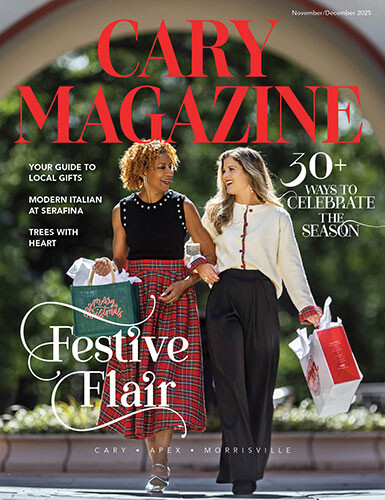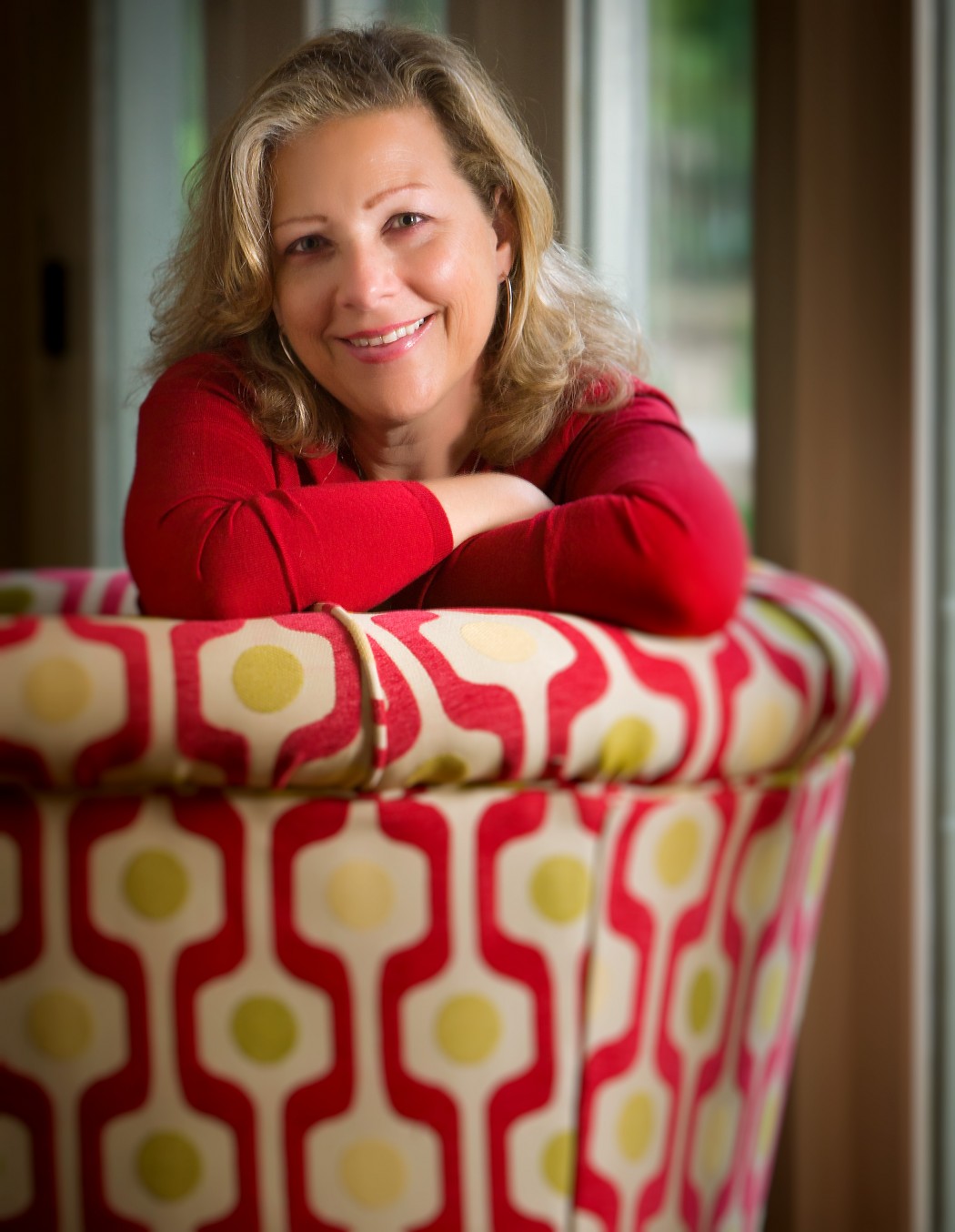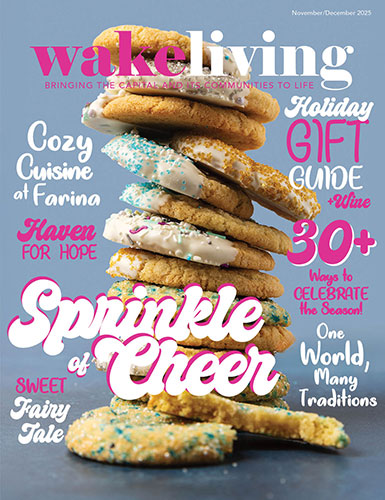“Someday you’ll be glad you got cancer.”
After being diagnosed with stage IIIA breast cancer and given a 20 percent chance of survival over five years, that piece of advice was hard for Jill Wolford to believe.
But now, 12 years later, she’s perfectly healthy and doing her best to help others cope when their worlds are turned upside down.
Diagnosed in 1999, with 10-month-old and 2-year-old children, Wolford was an utter mess for nine days. Then she pulled herself together, seeing no option other than recovery.
Wolford participated in the Race for the Cure the month after her diagnosis. In the midst of treatment that left her sick and weak, she wasn’t in strong race shape. Determined, she finished second to last. “The woman behind me was walking with an IV line and a bag, but she finished,” she recalled.
After months of what seemed like taking every treatment available, Wolford was deemed cancer free. She and her husband, Eric, had a party in the backyard of their Cary home. In addition to celebrating her recovery, they saw potential to pay forward the kindness they had received from others while she was sick.
“We put out a bucket and said, ‘Whatever you pay for a burger and a drink, throw it in the bucket,’” she recalled. They raised $724 that night.
Wolford walked into her oncologist’s office with the orange bucket in tow, asking for help in selecting a deserving recipient. The doctor recommended a single mother with cancer, who used the funds to cover living expenses during her treatment.
Rather than being satisfied with one good deed repaid, the Wolfords kept going. Each year, their event grew, first to the neighborhood pool, then clubhouse, on to country clubs, museums and hotels. When it was clear their efforts were growing strong, they established an official 501(c)3 organization called the Caring Community Foundation, offering financial assistance to cancer patients in need.
Today its annual fundraising event, dubbed the Pay It Forward Party, welcomes nearly 500 guests.
“This year, the economy is horrible and I was just afraid people weren’t coming,” Wolford said, days after the September event. But she was wrong. “We raised more than we ever have,” to the tune of $150,000 and counting. In total, CCF has helped more than 1,000 patients and raised more than $1 million.
The Caring Community Foundation’s support is given in a very tangible way. “We provide financial assistance immediately,” Wolford said. “If we get a call from hospice where someone is about to get evicted from being able to die at home, we show up with a check.”
Other funds go to help cover gas, food, hotel costs for patients who must stay away from home to receive treatment, and other incidental bills.
Additionally, a quilting initiative transforms artwork from children as young as 6 months old into patchwork quilts, which are then given to other children dealing with cancer. The project aims to teach kids the value of helping strangers in need — a lesson the Wolfords have instilled in their own children, Sydney and Dylan.
Wolford sat on the board of CCF for years, but has since stepped down. Her husband still holds a seat, but her role has changed over time. “Now I serve as a volunteer,” she said. “I roll up my sleeves and I do whatever it is they need me to do.” Though she’s the founder, she believes CCF is the child of all its volunteers.
“The organization isn’t just me, or just me and my husband, or just us and our family,” she said. “It’s everybody. I always correct people when they say ‘your foundation.’ It’s not mine.” At any given time, the volunteer roster numbers 100 or more, including many cancer survivors who received CCF financial assistance in the past.
Outside of the organization, Wolford and her husband enjoy traveling with their family. They’ve also made a hobby out of renovating their home, which they bought in 1996. “There’s nothing original in this house,” she said with a laugh.
They also prioritize their health and fitness. “I lift weights three days a week and do cardio six times a week,” she said, crediting her zeal for fitness to a resolution she made during recovery: “I was never going to be that weak again.”
Now, Wolford directs that resolution to advice for others facing a grim diagnosis. “Nobody else will lay down in that grave but you, so you have to keep yourself out of it.”
For information on the Caring Community Foundation, visit www.caringcommunityfoundation.org.






